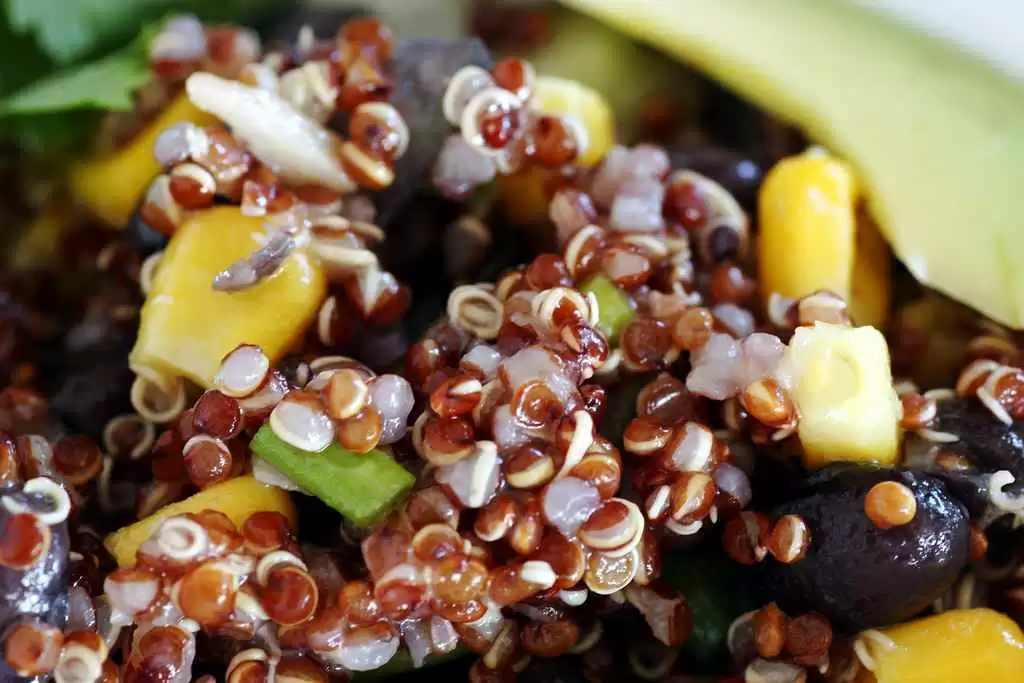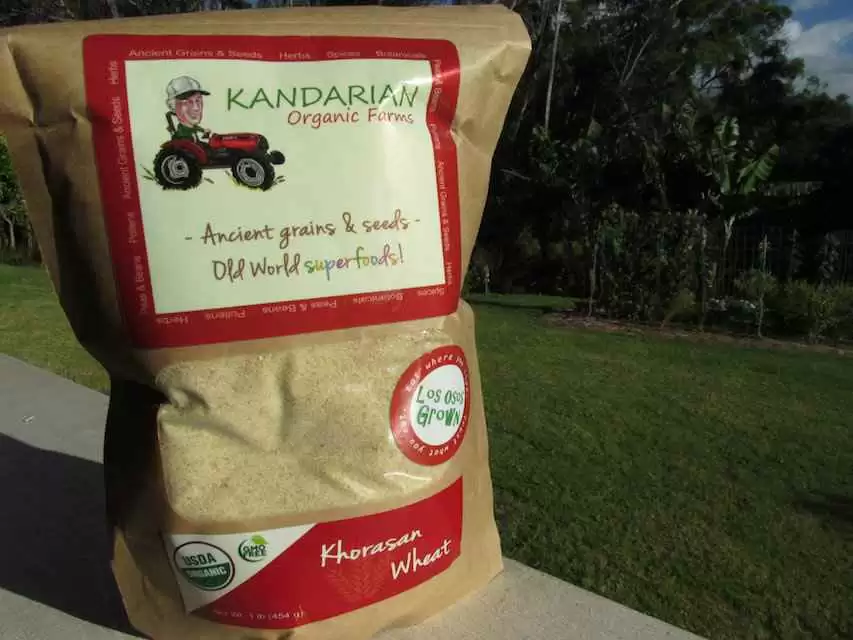
A
Acacia Gum
Acesulfame K
Acesulfame Potassium
Acetanisole
Acetophenone
Acorn Quercus
Adipic Acid
Adzuki Bean
Acacia Gum
Agar
Agave
Ajinomoto (msg)
Albumen
Alcohol (Distilled Spirits)
Alfalfa
Algae
Algin
Alginic Acid
Alginate
Alkalized Cocoa
Allicin
Almond Nut
Alpha-am...
- Read Full Article...
- 66 comments
- 5,305,072 views







